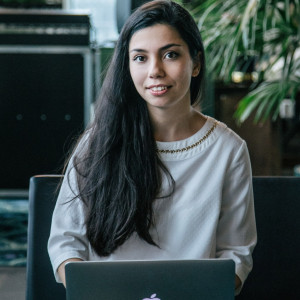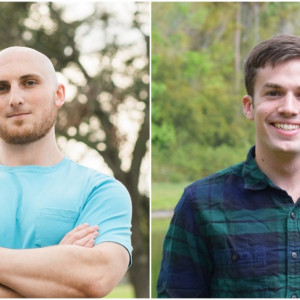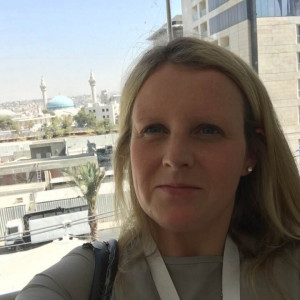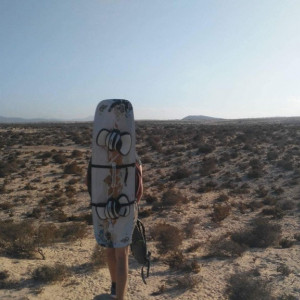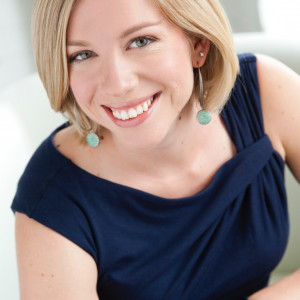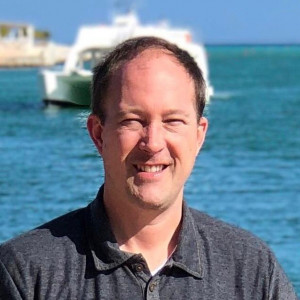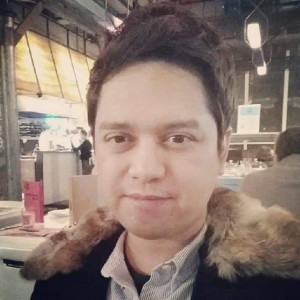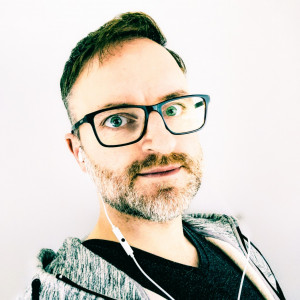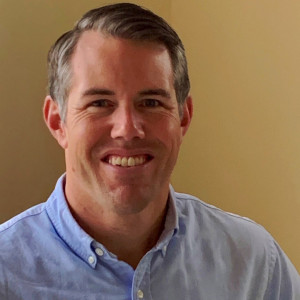How do you decide priorities?
Interview with Molood, a CEO who shares how minimalism has improved her remote work experience
I think the word "priority" is a factor of importance and urgency. Did you know that for about 400 years, the word priority was not used in plural form?
Priority was the single task that needed to be done first. Somehow we humans have tried to bend reality by making the word plural and implying that several things can be done first, which is illogical if you think about it.
In my work, we stick to the singular form of the word. Everything is prioritized according to their urgency and importance. As I mentioned before, I heavily rely on my calendars and plan my time.
I have blocked some time in my calendar for lunch and dinner because otherwise, I literally would forget to eat. I also block some time for my morning routine.
For high-impact tasks, I break them down into smaller achievable goals, and task lists each with a due date. The business/project manager on my team is a big help in this area.
Using Basecamp as a task management system, we are forced to stay away from shiny features that usually add complexity to processes. Basecamp is built for simplicity, and striving for keeping things simple in our business keeps us organized and focused on what truly matters and needs to be done first.
As CEO and Founder of Remote Forever, Molood has made a career in teaching individuals and companies how to work remotely effectively. See how embracing a minimalist lifestyle has caused her to excel.
Read full interview from Interview with Molood, a CEO who shares how minimalism has improved her remote work experience.
Interview with Nathan and Connor, owners of Freeeup
Together. Every week, we have multiple phone calls where we go over the highest priority projects within the business. We make sure that one of us is leading the project and that we have other people on the team supporting our efforts.
For FreeeUp, it all really boils down to three things:
- Get more clients signed up and using the network.
- Get more qualified freelancers into the marketplace.
- Continue to improve the overall software experience at all times.
The majority of our projects have a connection to those three core goals. If we can always be focused on those, we believe that we’ll continue to see growth in the long run.
Thinking of creating your own remote startup? See how Nathan and Connor built a successful and effective remote team from scratch.
Read full interview from Interview with Nathan and Connor, owners of Freeeup.
Interview with Maggie, a senior product manager at HubSpot
I try to be purposeful in the tasks I work on. I think it’s important to look at your input and decide if there’s a better way to do it.
I’m all about efficiency, and I hate wasting time for the sake of it. Work smart, and check yourself regularly to make sure you were working in the most effective way. Iterate on your processes and learn from those who are smarter than you.
Remote work allows Maggie to live in a small town and excel in her career. Hear about how she stays professionally connected, and her essential career advice for remote workers.
Read full interview from Interview with Maggie, a senior product manager at HubSpot.
Interview with Patryk, a Front-end Developer & UI Designer
I'm always open to new opportunities and eager to help people or get involved in non-profit activities.
However, that trait means I can easily become overwhelmed by too many commitments.
Every couple of months, I write down and evaluate my long-term goals. Whenever a new opportunity appears, I first check if it aligns with the bigger picture.
It's not always easy, as it means saying "no" to a lot of amazing things. If you want to learn more, google "opportunity cost". 😉
Patryk has learned that there is no reason to wait for the flow - once you start working, it will happen naturally.
Read full interview from Interview with Patryk, a Front-end Developer & UI Designer.
Interview with Dani and Luca, digital nomads who have mastered work and travel
Work is always our priority. We discuss with our customers what needs to be done in a stand-up call that we do every day to decide what to work on, but we usually schedule in advance so that we are always on track with what our client needs.
Dani and Luca have mastered the art of traveling while working—see their hacks & tips for thriving as digital nomads.
Read full interview from Interview with Dani and Luca, digital nomads who have mastered work and travel.
Interview with Kristi, a CEO and remote team leader
Definitely not LIFO (that is, last in, first out)--if I've learned anything from a few econ classes back in the day, it's that you must prioritize your work by what's most important, not the most recent or seemingly urgent. Defining 'important' is where the real challenge lies!
Kristi is a CEO, remote work author, and speaker. In this interview, she shares the impact of new motherhood and remote team leadership on her work.
Read full interview from Interview with Kristi, a CEO and remote team leader.
Interview with Andrew, co-founder and CEO of Insured Nomads
It should fall within the daily plan, but I always work with flexibility. Family comes first so often I need to put all on hold to take care of a situation with my wife or kids, cook, or handle a school or sports requirement.
Priorities require flexibility, and remote work gives this freedom.
Andrew, co-founder, and CEO of Insured Nomads talks traveling while working, productivity tools, and the best advice he has received.
Read full interview from Interview with Andrew, co-founder and CEO of Insured Nomads.
Interview with Digital Nomad Sage, an entrepreneur and UX consultant
I decide priorities by looking at their cost-benefit analysis. Things that are not so important I will definitely put on the backburner. I usually prioritize things that will have the biggest potential to make me income.
From e-books to blogging, Digital Nomad Sage has become an expert on making money online—see his advice for developing an online business.
Read full interview from Interview with Digital Nomad Sage, an entrepreneur and UX consultant.
Interview with Paul, a remote product designer who has found his zen
This depends on my objectives and project deadlines.
The COVID-19 pandemic drove Paul to embrace remote work. See how he has adapted his routine to this new normal, and the one tool that keeps him organized.
Read full interview from Interview with Paul, a remote product designer who has found his zen .
Interview with Tyler, a director of customer success models how to start a remote work career
I report to our CEO, and we collaborate on what's important to move forward on each week. Many tasks that I touch on have a direct revenue impact, so it is fairly easy to measure and prioritize the things that move the needle for us
From networking to land a remote work gig, to building out an exceptional remote work tool stack, Tyler has quickly figured out how to thrive in remote work. See his tips for starting strong.
Read full interview from Interview with Tyler, a director of customer success models how to start a remote work career.
